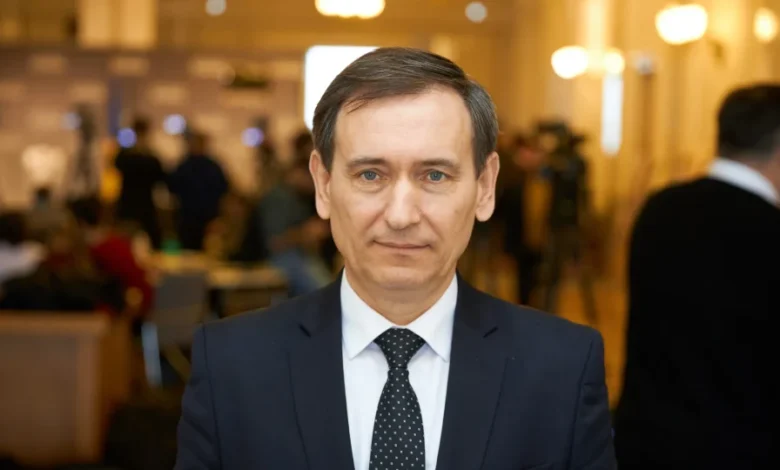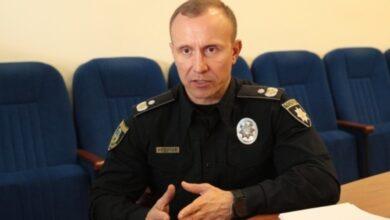The law does not object: Fedir Venislavskyi commented on the creation of mobile CCCs

In recent weeks, territorial recruitment and social support centers have become a new target for Russian attacks. On July 6 and 7, 2025, TCC buildings in Kharkiv, Kremenchuk, and Zaporizhzhia were hit as a result of Shahed-type kamikaze drone strikes. The sequence of strikes, the choice of objects and the time intervals indicate that institutions that play a key role in ensuring mobilization have been targeted. The Armed Forces of Ukraine and the Parliament have recognized that the attacks on TCC are not only physical, but also informational. Russia seeks to create an image of danger, to intimidate and demoralize personnel, and ideally to paralyze their work. In response to this, a proposal was made in the parliament to create a mobile TCC — as an option to respond to the new military and information reality. This idea is public voiced People’s Deputy, member of the Committee on National Security, Defense and Intelligence Fedir Venislavskyi.
According to him, there are no legal restrictions on the location of territorial centers. On the contrary, the current regulatory framework allows for a flexible response to threats, changing logistics, and using digital and mobile solutions. Venislavskyi’s statement is based on an analysis of legal norms. According to him, the law does not require that TCCs and JVs operate exclusively from stationary facilities — that is, from separate, defined addresses. Instead, the regulatory framework allows for the creation of mobile forms of work that ensure the fulfillment of the center’s functions: accounting, calling, provision of social support, information service.
For this, according to the deputy, technical support is sufficient — the presence of a stable computer connection, secure access channels to registers, as well as mobile personnel. All these elements have already been partially implemented within the framework of the digitization of the mobilization system, which was strengthened after the adoption of the new law on mobilization in 2023.
Venislavsky noted that the digital transformation of the defense sector is one of the directions that allowed Ukraine to do without a significant part of bureaucratic procedures. Many operations are already taking place in digital form: registration of conscripts, submission of applications, automated reconciliations. These possibilities create the prerequisites for certain functions of the TCC to be implemented in a mobile or even remote mode — with teams going to communities, using mobile offices, and temporarily deploying work points.
According to the people’s deputy, while there is no government decision yet, the mobile TCC model is being discussed at the level of an idea. However, its contours can already be outlined. It is about the possibility of creating mobile groups that go to the place with equipment, have access to the database, can perform basic actions: clarifying data, issuing documents, consulting, conducting interviews or forming requests for medical commissions.
Such mobile TCCs will not require the construction of new premises, but only the arrangement of cars or temporary tents with equipment, Internet access and information protection. They can change location depending on the operational situation, avoid concentrated attacks, reduce risks for personnel.
Fyodor Venislavskyi emphasized that a new vote in the Verkhovna Rada is not required for the launch of mobile centers, because the authority on this issue belongs to the Cabinet of Ministers or the command of the Armed Forces. That is, the political decision has already been made within the framework of the previous changes to the legislation — further implementation is required.
If the relevant orders are developed and approved, mobile TCCs can begin to operate as pilot projects in certain regions, in particular in those where the threat of strikes is particularly high — for example, in border areas.
According to Venislavskyi, strikes on TCC are part of intimidation. Russia is trying to create the impression that the mobilization system itself is vulnerable and dangerous, and working in it is risky. The purpose of her actions is psychological destabilization, not a purely military effect. Therefore, the answer should not be linear – not only the strengthening of buildings or security, but a change in the logic of functioning.
According to Venislavskyi, the creation of mobile territorial picking centers is the need of the hour. In an environment where the war is not only on the front, but also in the rear, including information campaigns, flexibility and mobility are critical.





